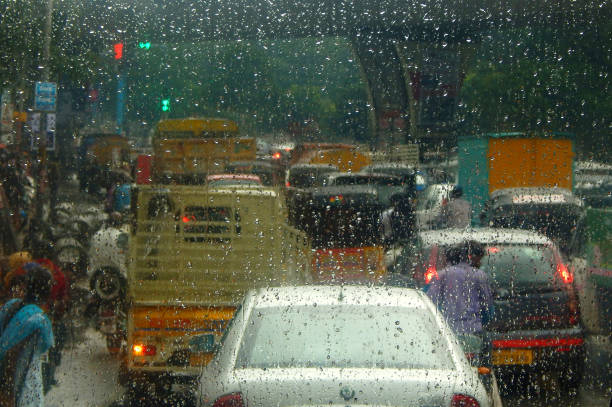Rainy Season Checklist — Are you ready for Rainy Season
The beginning of the rainy season is approaching. And if you have spent a significant amount of time living in the Philippines, you are probably aware of how unpleasant the rainy season can be in this archipelago. Storms enjoy travelling across the nation. The Philippine Atmospheric, Geophysical and Astronomical Services Administration (PAGASA) reports that the nation experiences 20 typhoons on average annually, five of which are deemed to be destructive. As homeowners, it is our responsibility to be prepared for any potentially harmful and damaging occurrences that may arise during the rainy season. Even though the majority of Filipinos are used to this time of year's severe rains, there is a good probability that our homes are not equipped to withstand the torrential downpour. The severe weather that we have been dealing with for the past few years might have an impact on our house. So it is best to get our homes and buildings ready for the impending rainy days. Here is a list of things to do to get your house ready for the rainy season.

1. Verify your downspouts and gutters.
Architects and home builders concur that a property's lowest point is most susceptible to rain damage since groundwater will naturally flow towards your foundation and weaken its structural integrity. They installed downspouts and gutters to address the issue. They collect the roof's rainfall and dispose of it distant from the home's foundation. The water is typically transported to your neighbourhood drainage system or another location where it won't any longer jeopardise the stability of the foundation.

2. Examine your drainage and sewage systems.
There is a propensity for dirt and muck to build up in the drainage system after heavy rains, especially during typhoons. They become obstructions as they dry out and can seriously impede your drainage, compromising the cleanliness of your water. So that we may feel at ease even when it rains, it is advised that we clean and maintain our drainage system. If your home has external drains, make sure you clean them regularly to keep them clear of obstructions and debris. Water has a propensity to back up in drains, leak into your house, and cause damage.
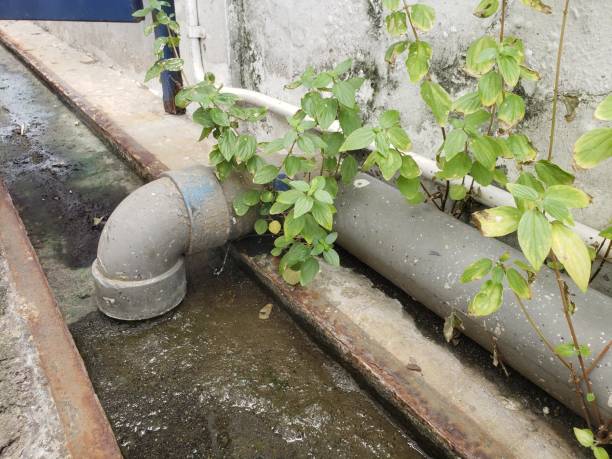
3. Verify your roof top.
Regularly inspecting the state of your roof is one of the most crucial maintenance tasks. It is crucial to search for early indicators of damage and repair them before they get too damaged to restore and you have to replace the entire roof. The major reason for this is that replacing your roof may be rather expensive. There is no better moment to assess the state of your roof than right now, before the rains begin to enlarge these fissures. You can also look for moulds, watermarks, and brown or black stains on your ceiling. There is a good likelihood that your roof has cracks that need to be corrected if you notice any on your ceiling.

4. Your doors and windows with caulk.
There are occasions when it rains nonstop for days on end, and during these times, your home's defences must include doors and windows. Therefore, it is essential to keep your windows and doors in top shape. You can examine the door and window seals. They might need to be replaced if they are broken and fragile. Keep in mind that poorly sealed windows and doors may end up letting water into the house, causing additional damage to other household items like your carpet or floor.
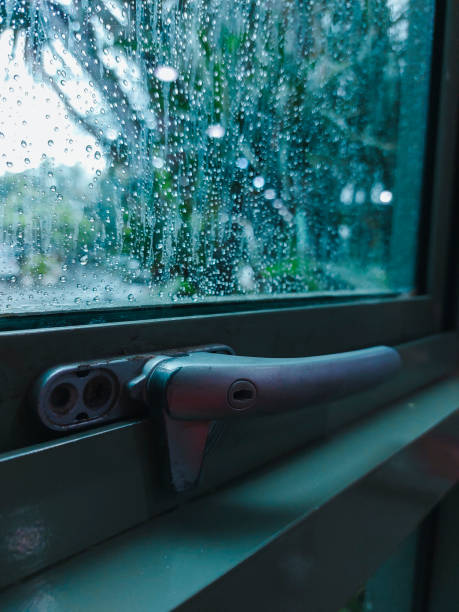
5. Examine and prune the trees that surround your property.
In preparing for the rainy season, you can be concentrating too much on your house, but other outside variables could have an impact on it when a typhoon hits. For instance, nearby trees can have an impact on dwellings during storms and typhoons, particularly if they are neglected and poorly manicured. If people are careful enough to inspect the state of the nearby trees, these harmful incidents could be avoided.
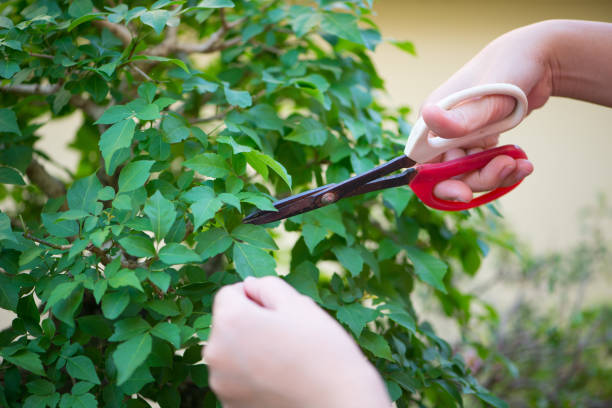
6. Check your home's ventilation.
In contrast to other nations, the Philippines' rainy season is accompanied by an uncomfortably high humidity level, especially before it starts to rain. It is important to maintain our homes well-ventilated during this rainy season because humid weather is a sure warning that heavy rains are likely to reach our area. Your home's humidity will remain at a comfortable level if it is sufficiently ventilated.

7. Postpone any home renovations.
Any home builder or contractor will tell you to postpone any major home improvements until after the rainy season. The task will take longer and take longer to finish because of the rain. The materials utilized for the renovation may also be harmed by the violent downpour. You'll feel stressed out by these things because you might have to pay more because of the rain.
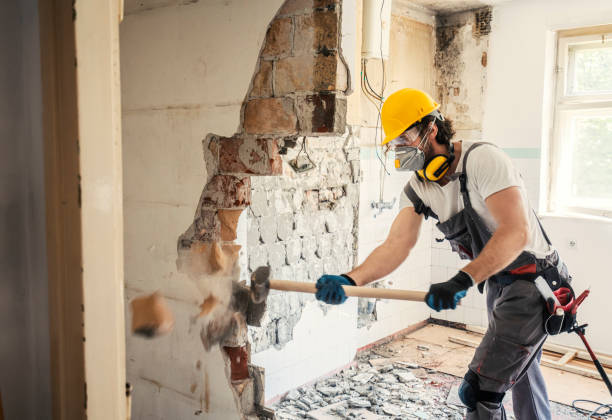
8. Be ready for wind.
You shouldn't only worry about water during the rainy season. Wind is also potentially dangerous and can injure not only your home but also the property of others. It is preferable to think about the items you leave outside your home, such as an outdoor umbrella. What if a big wind gust caused your outdoor umbrella to be blown away and harm the neighbor's home? or harm another person? It is advisable to store outdoor furniture in a safe place, such as a shed or garage, to prevent danger to others or damage to your property or the property of others.

9. Get ready for the flooding.
There is a good likelihood that you may experience a flood this year, just like last year and the year before that, if you live in low-lying areas. In this nation, flooding is common, but that doesn't mean we shouldn't be ready for it. Lift the pricey and delicate appliances first. Important documents should be moved to higher ground and placed in water-resistant boxes. To avoid potential electrocution, it would be better if you moved electrical cords off the ground.

10. Takeaways
Floods and destroyed homes don't must accompany the rainy season! We will be pleasantly surprised by the outcomes of our diligent labour if we foresee the potential harm that rain may bring and proactively prepare our homes for the rainy season. In this, power disruptions are always associated with the rainy season. So let's make sure we have enough candles, be prepared with our flashlights, and take in the sound of the trickling rain on our roof!
